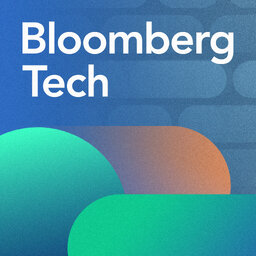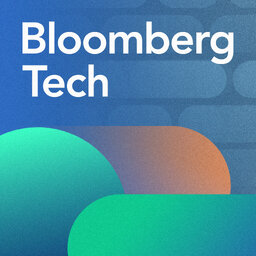Oracle's Biggest Gain Since 2022 and Bitcoin's Record Rise
Bloomberg's Ed Ludlow breaks down Oracle's earnings as it posts its biggest gain in two years amid a spike in bookings in its cloud computing business. Plus, Bitcoin continues its record-breaking run as $2.7 billion flowed into crypto assets last week.
 Bloomberg Tech
Bloomberg Tech


